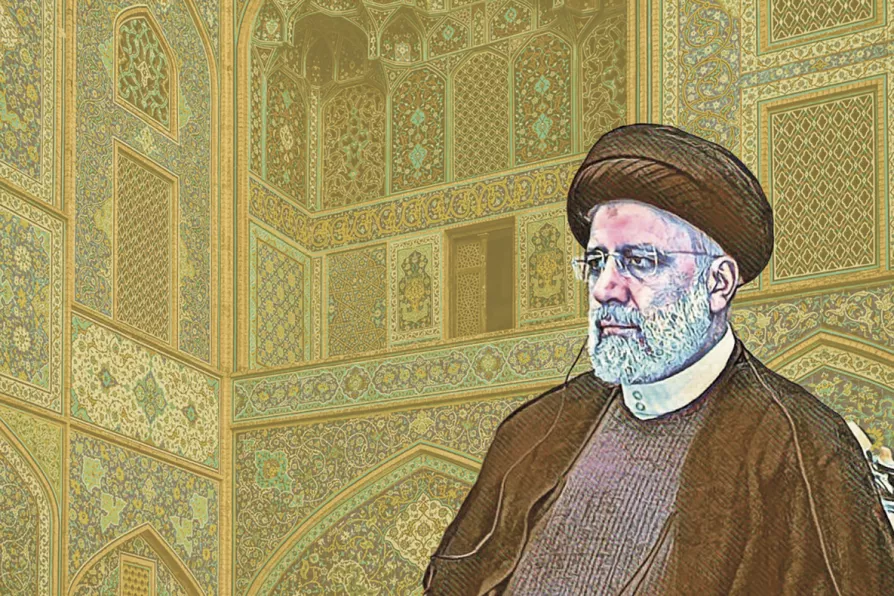The Carpathia isn’t coming to rescue this government still swimming in the mire, writes LINDA PENTZ GUNTER


IRAN’S theocratic regime does not recognise trade unions, but teachers and educational workers have formed the nationwide Coordinating Council of Iranian Teachers’ Trade Associations (CCITTA) which has organised many protest actions, including petitions to the Iranian authorities and international organisations, sit-ins at schools, walkouts and rallies.
In yet another attempt to get their voices heard, thousands of teachers and educators gathered outside Iran’s parliament in Tehran and at education authority offices across the country on May 12.
These kind of actions have gained momentum in recent months and have met with violent suppression by the authorities. Teacher leaders and activists have lost their jobs and been arrested and imprisoned on baseless accusations, including “acting against national security.” The regime’s response on May 12 was no different.

Payam Solhtalab talks to GAWAIN LITTLE, general secretary of Codir, about the connection between the struggle for peace, against banking and economic sanctions, and the threat of a further military attack by the US/Israel axis on Iran

The Islamic Republic is attempting to deflect from its own failures with a scapegoating campaign against vulnerable and impoverished migrants, writes JAMSHID AHMADI











